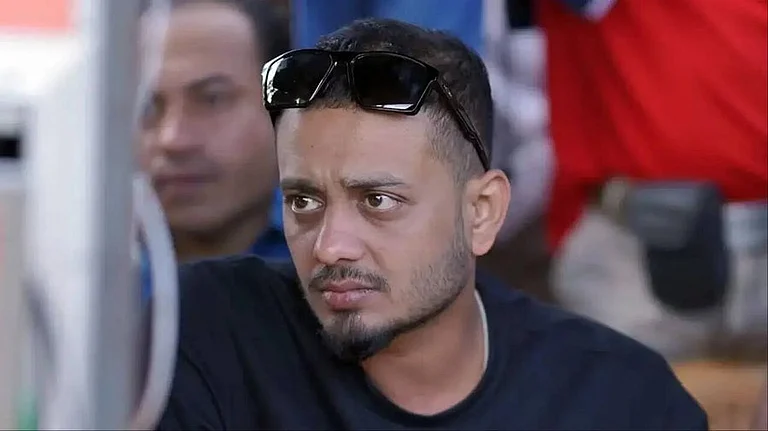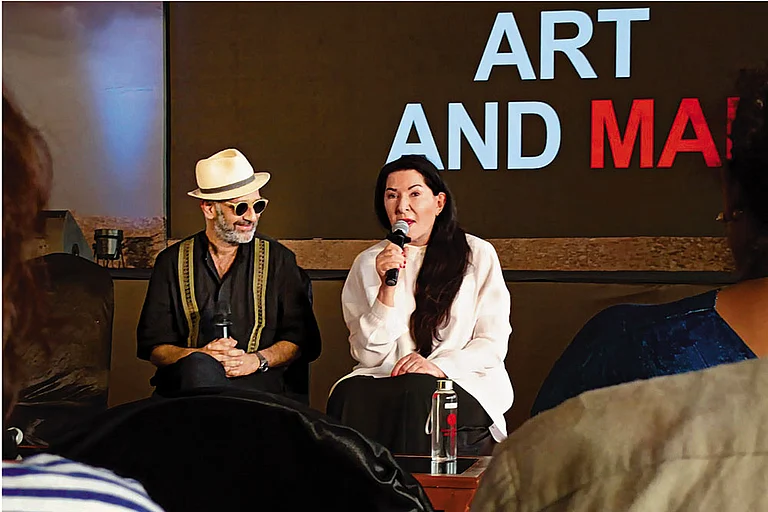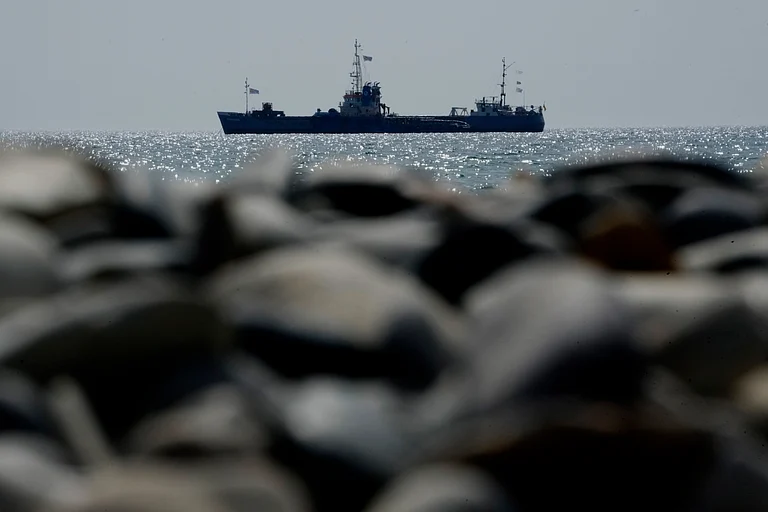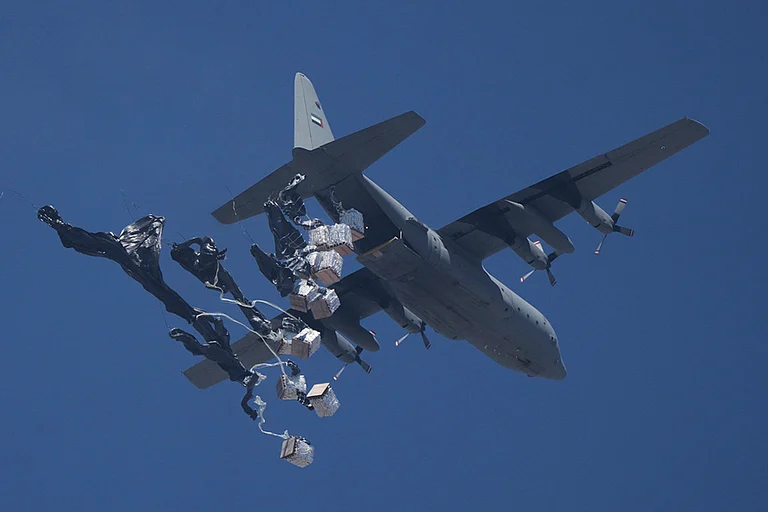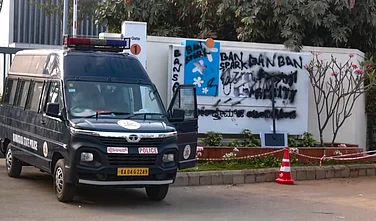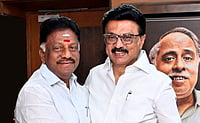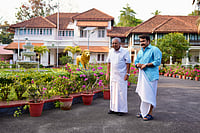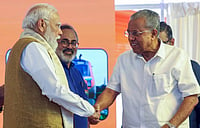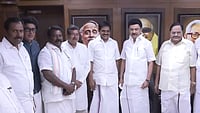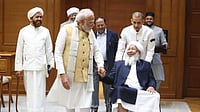
Sreereshmi managed to help several Gazans access food and water.
People of Gaza expressed their gratitude through social media.
The denial of water and food is a human rights violation, says Sreereshmi.
Sreereshmi, a young woman from Kochi, Kerala, overcame distance and adversity to help the people of Gaza access food and water, making her a symbol of hope and solidarity. Her efforts sparked heartfelt social media responses from Gaza, highlighting the power of individual compassion.
With support from friends in Kochi and an aid agency in the UAE, Sreereshmi coordinated a 4,000-litre water delivery for about 250 Palestinian families displaced in Gaza. This achievement was a significant logistical and humanitarian milestone for her team.
"The denial of water and food is a human rights violation," Sreereshmi told Outlook. She has worked in many crises in Kerala, but this is her first time helping people so far away. She credits her close friends and faith for making it possible.
Since direct help from India was very difficult, she reached out to two agencies engaged in providing assistance to the people of Gaza, and through them, extended her help.
Challenges came from all sides—identifying agencies, arranging delivery, and finding someone willing to transport water into the conflict zone. The crisis deepened daily: families lacked food and clean water, prices soared, and supplies dwindled. For helpers, the main barrier was reaching those in need, not a lack of compassion.
When the water truck finally arrived, Sreereshmi felt relief, knowing her efforts had secured critical aid for Gazans under siege. She received overwhelming gratitude from recipients, affirming the real-world outcome of her initiative.
Soon, Sreereshmi’s social media received photos and messages from Palestinians—families with thank-you notes, children by water containers. Online platforms became places where compassion connected strangers from two distant places.
Yet, even amid the flood of appreciation, Reshmi remains matter-of-fact about her role. “It’s just about being human,” she says. “When people are suffering — whether because of politics or nature — it’s natural to reach out.”
She continues supporting four Gazan families by facilitating direct aid, collaborating with her network to meet their ongoing needs, and ensuring practical assistance reaches people despite complex conditions.
For Sreereshmi, this is not just charity—it is a direct response to suffering, driven by a refusal to look away from those in need, no matter the distance.
A Philosophy graduate, Sreereshmi found her calling in humanitarian work during the pandemic. During the devastating Wayanad and Malappuram landslides, she helped with rescue and relief. In Choormala, after a landslide, she volunteered to wash bodies before post-mortem because there were not enough people to help.
Those experiences changed her perspective on suffering and solidarity. “When you see people who’ve lost everything, you understand that humanity has no borders,” she reflects. This led her to act when images of displaced Gaza families appeared online. A distant concern became a mission: get clean water to those in need.
She runs Koottam, a collective helping people cope with loneliness and depression. “We focus on those who can’t afford medical help,” she says. “Each month, we organise programmes to reach vulnerable people and help them regain confidence.”
Sreereshmi wants to help more families in Gaza. Her humanitarian acts have also drawn criticism. “Some people asked why I help Gaza when many suffer closer to home,” she says.
On Instagram, she explained her motivation: "Even UN agencies have described what is happening in Gaza as genocide. Nowhere else are children and women being targeted the way they are in Gaza." She urged critics not to undermine citizens who "believe in the values of the Constitution and in humanity above all else."








